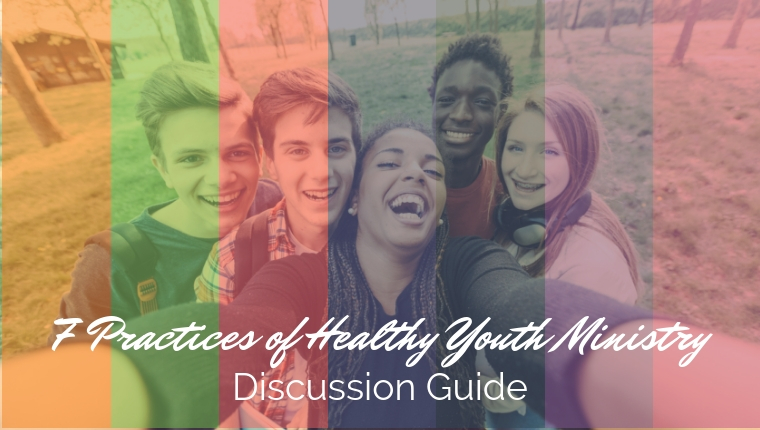Parents are gifted with the role of primary instructor and example for their children in the Christian faith. Congregations can come beside these key people with encouragement and support. LCMS Youth Ministry’s research found today’s active LCMS young adults likely saw a high level of faith practiced by their parents. Whether parent, guardian, grandparent or other family structure, youth will tend to emulate worship and congregational involvement of adults in their lives. As good examples, parents/guardians help teens prioritize faith development by encouraging worship, prayer, and Bible study, especially during times of transition. Engaged parents do not need to be cultural experts, but they should understand the influences on their child’s life. They should be active listeners and learners around their child’s interests and gifts. Engaged parents understand their child’s vocation at each stage of life. In all of this, congregations can provide training, older mentors and peer support for parents as they seek to raise faithful youth.
For You
- How do you help support parent(s) in their vocation as primary faith teacher?
- How have you seen parents have an impact on the faith lives of youth?
- Do you know parents/guardians/grandparents who may need extra support and encouragement? How can you help them in their vocation?
For Youth Ministry Leadership
- Does your youth ministry communicate to parents that they are the primary instructor and example for their children?
- How does your youth ministry help train and empower adults to have faith conversations, including questions and doubts, at home?
- How does your youth ministry train parents to understand their child’s vocation?
For Congregational Leadership
- How does your congregation impress on parents the importance of their own faith life, worship, and leadership on their children?
- How does your congregation help parents understand the spiritual, mental, and emotional development of their child through different ages and life circumstances?










0 Comments